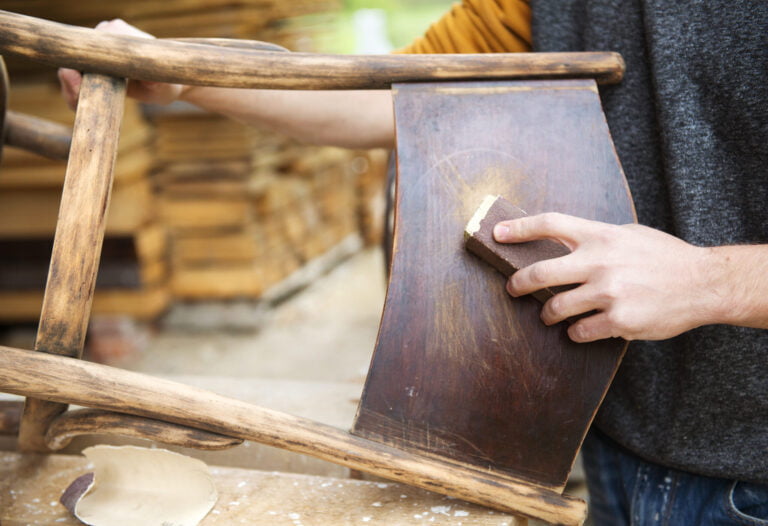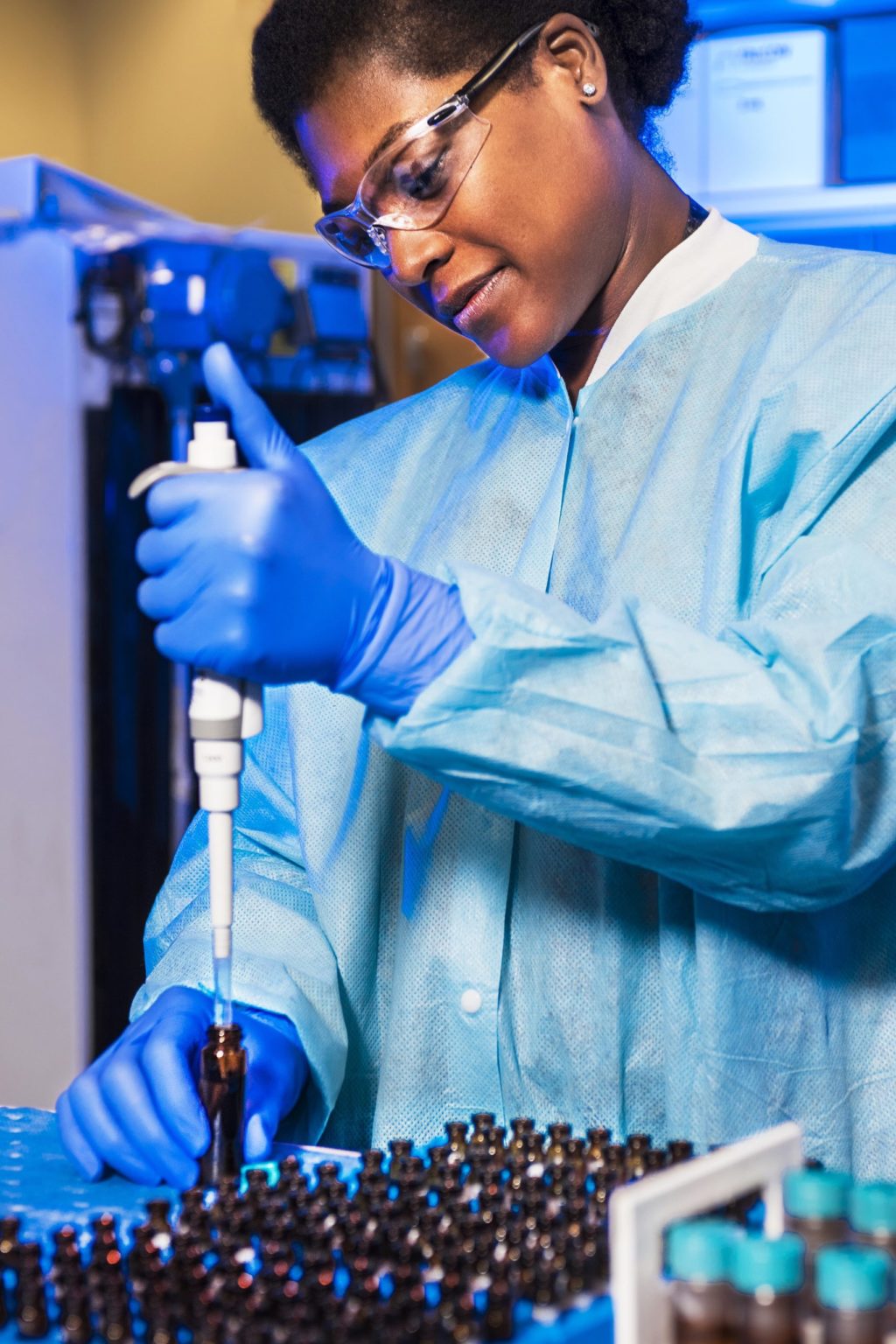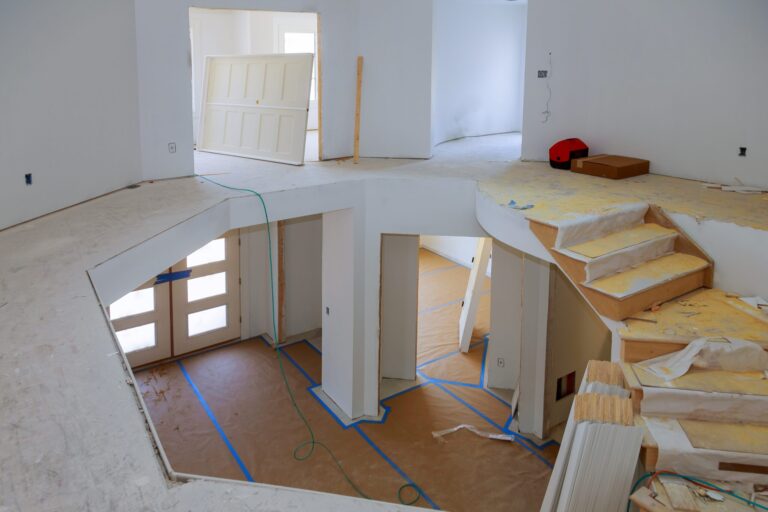The chemical industry is not one devoid of hazards, especially when concerning workers’ safety and welfare. Nevertheless, the importance of chemical companies can’t be overemphasized. This industry uses raw materials to produce more than 60,000 products we enjoy today. But considering the thousands of workers, it takes to achieve this, it’s vital that these safety considerations for chemical manufacturers are taken very seriously.
1. Run a safety check on all equipment.
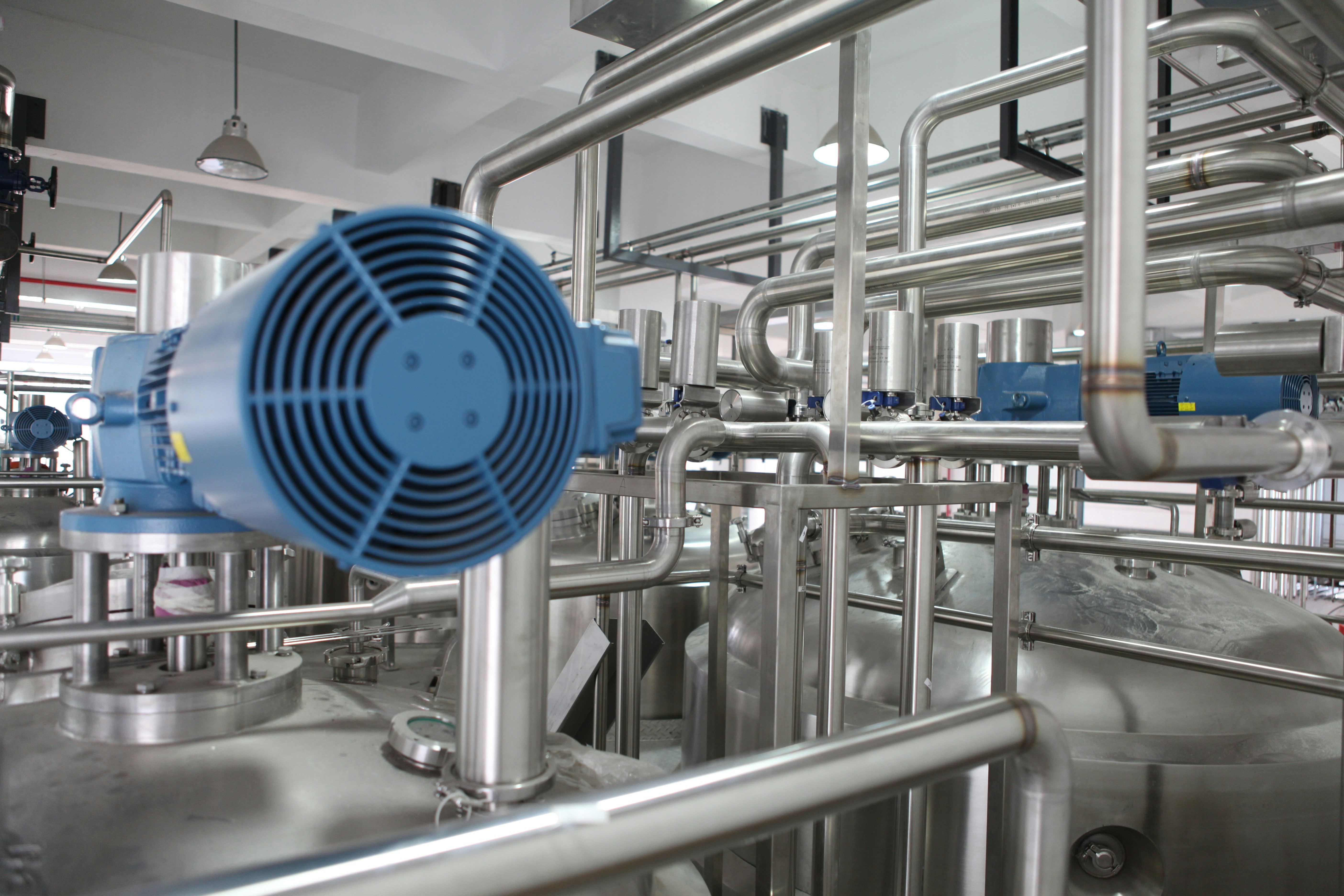
Most factories that manufacture and process chemical products have machinery that streamlines the process of working with bulk materials. These pieces of equipment have to be evaluated each day before any operation starts. In the United States, the Occupational Safety and Health Administration (OSHA) equally encourages companies to purchase machinery — whether it’s an elevator, stainless steel buckets, or a head pulley — that manages hazardous work without the risk of injuries, burns, and other hazards.
Other preventive measures should include the use of a bucket elevator that serves as a pulley system for contained chemical substances. Various companies like Ryson Products provide such conveying solutions. They’ve been in operation since 1995, and their reliable services have been a favorite of manufacturers since then. Ryson specializes in manufacturing machinery, such as bucket elevators, that meet the needs of any busy factory. The highlight of these products has to be their energy conservation and sustainable properties. Their bucket elevators and pulleys conserve energy and are almost noiseless, with minimal maintenance required.
2. Provide regular safety training.

Training has to be practical and very regular — just one slip up could lead to a disaster. Yes, it can get to be draining and boring, especially when there’s no professional team on-site to get things done the right way. That’s why it’s important to employ the services of reputable companies that take safety and human security very seriously.
Companies like Granite Mechanical Inc. have the know-how, skills, and passion for ensuring your employees enjoy a safe and less hazardous environment. They offer mechanical services for boilers with a ‘safety first’ priority. Remember that a firm’s poor choices could have dangerous repercussions, which won’t be labeled as accidents anymore. Boilers are critical pieces of equipment but can be dangerous if minimal maintenance requirements aren’t met. That’s why it’s important to have a contractor present to provide insight into safety and product information.
Plus, Granite City Mechanical Inc. has years of experience working with various companies. They help detect and solve common problems like gas leaks, hazardous pressure levels, ventilating issues, or extreme temperatures so that no worker has to fall victim to avoidable mishaps. For a company established more than two decades ago, their innovative approach to pump installations, industrial water treatment systems, valve changeouts, economizers repair, and more is incredibly impressive.
3. Have emergency equipment on hand.
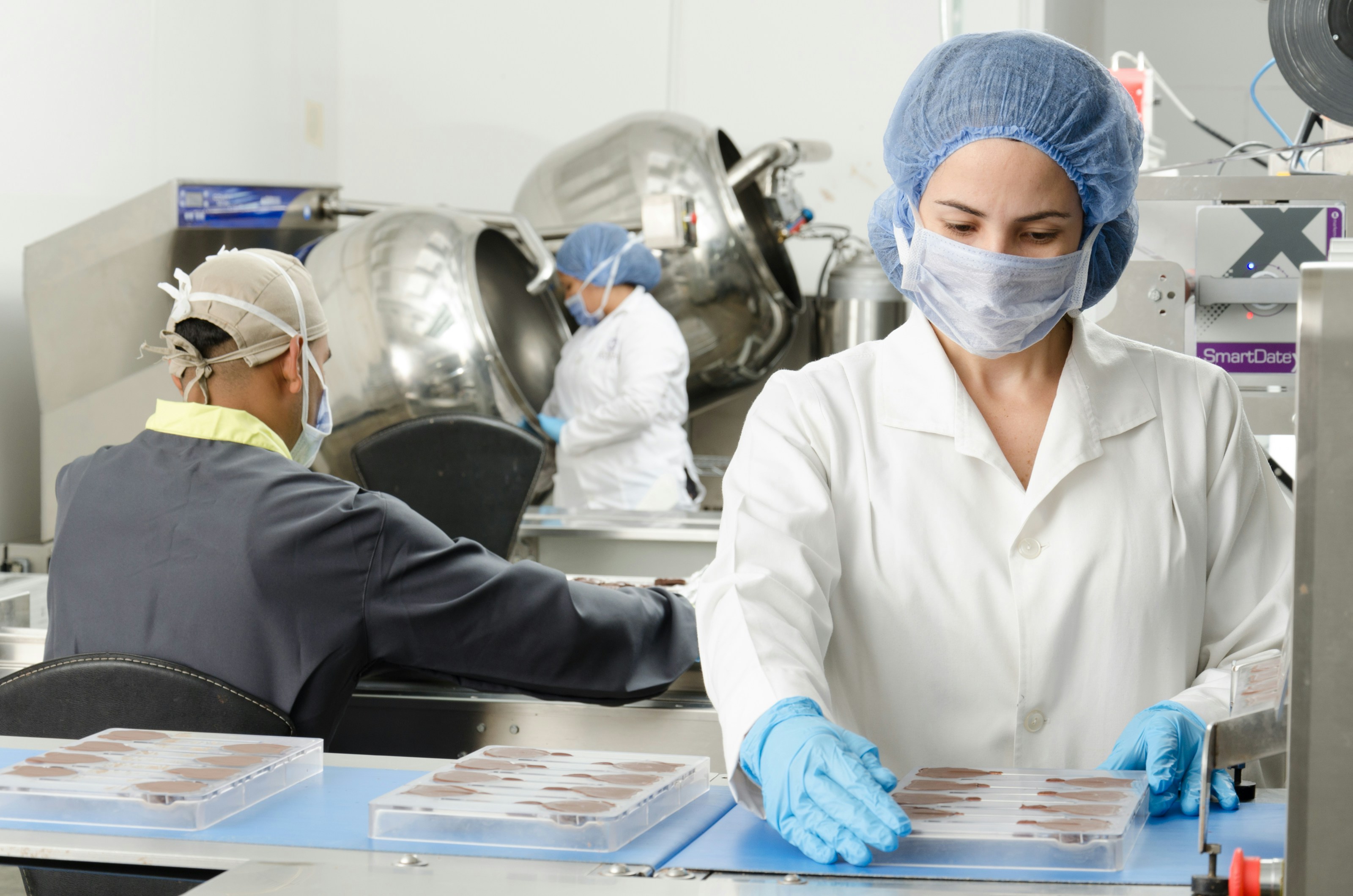
Accidents happen in the workplace, even with optimal preventive measures. That being said, the worst that could happen to employees exposed to such accidents is not having the right emergency equipment around. What happens to the worker who mistakenly has a dangerous chemical splashed into his eyes? There should be an emergency eyewash around to prevent any damage or, even worse, blindness. Placing fire extinguishers on every floor and, if possible, in every room would go a long way to avoid certain tragedies as well.
4. Mark everything clearly.
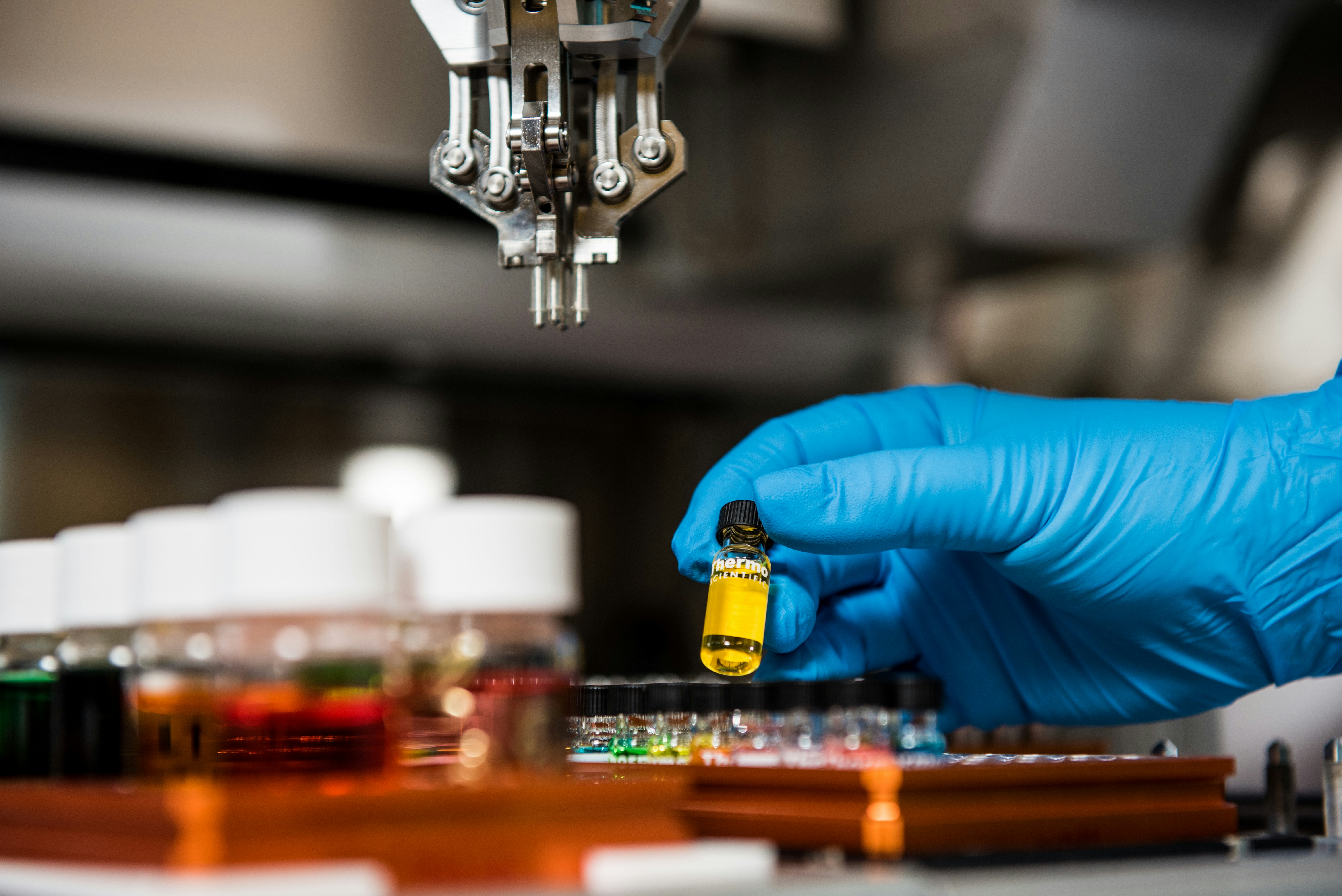
Disasters can be prevented with a label system that identifies the contents of a container. Also, ensure that chemicals that don’t react well when mixed are placed far apart. It’s also a good idea to ensure the compartments and shelves have enough ventilation as well. ‘Cooked up’ chemicals won’t do any good either. If any container seems sabotaged in any way, safe drainage should be carried out immediately, according to the OSHA guidelines.
5. Put maintenance and cleanliness first.

Even in busy work environments, organization, sanitation, and regular maintenance could avoid hazards and mishaps. Cleaning the floors after most team members have left or before they arrive would be beneficial. This is because cluttered environments are disasters waiting to happen. More so, poorly ventilated areas don’t spell well for their health.


